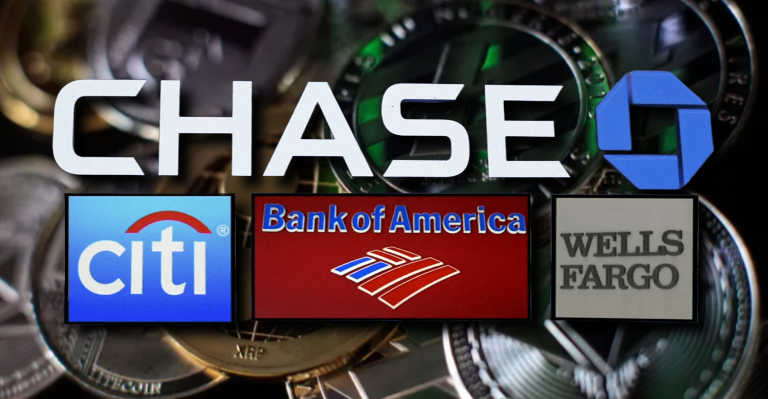TL;DR
- Top U.S. banks are evaluating their entry into the crypto world through partnerships and pilot projects, driven by more favorable regulatory signals.
- Although caution remains, their focus is on services like digital asset custody.
- The removal of the controversial accounting bulletin SAB 121 has improved the outlook, paving the way for gradual adoption by traditional institutions seeking to meet the growing demand from their clients.
Behind closed doors and far from media noise, some of the most influential banks in the United States — including giants like JPMorgan, Morgan Stanley, and Bank of America — are actively discussing how to engage with the crypto ecosystem. Pressure is mounting from both clients and a more favorable regulatory environment, especially following the elimination of the controversial SAB 121, which had required banks to record crypto assets as liabilities. This technical, yet crucial, change removed one of the biggest accounting barriers banks faced when offering services like cryptocurrency custody.
While not yet ready to take the plunge, these banks are considering tactical moves. Most are opting for pilot schemes with strategic partnerships rather than building in-house capabilities. This approach allows them to mitigate risks while ensuring they don’t miss out on the game.
Custody and Partnerships Are at the Heart of the Discussions
Crypto custody — that is, the secure storage and management of digital assets — is seen as a key opportunity. However, it comes with technological and regulatory challenges that not all banks are willing to tackle alone. As a result, the trend is to seek deals with companies already established in the sector, such as Coinbase Institutional or Anchorage Digital, which already have the necessary infrastructure and proven experience.
Moreover, preliminary talks have begun on developing stablecoins backed by the banks themselves, or even a shared currency among several institutions. These projects, still in the conceptual stage, reflect a growing willingness to play an active role in the decentralized financial future.

Traditional Banks Demand Clear and Consistent Regulation
Despite a more favorable atmosphere, large banks continue to insist on the need for consistent regulation across U.S. agencies. The lack of alignment between the SEC and the OCC has historically hindered the development of crypto-related banking products.
According to legal experts, banks are unwilling to take unnecessary risks until the legal framework is fully defined. However, this cautious stance should not be mistaken for rejection, it is more about preparation. They want to be ready to act the moment a competitor proves it’s possible to operate successfully under the current rules.
The growing interest from these institutions suggests that institutional crypto adoption is no longer a distant possibility, but a steadily advancing reality.

